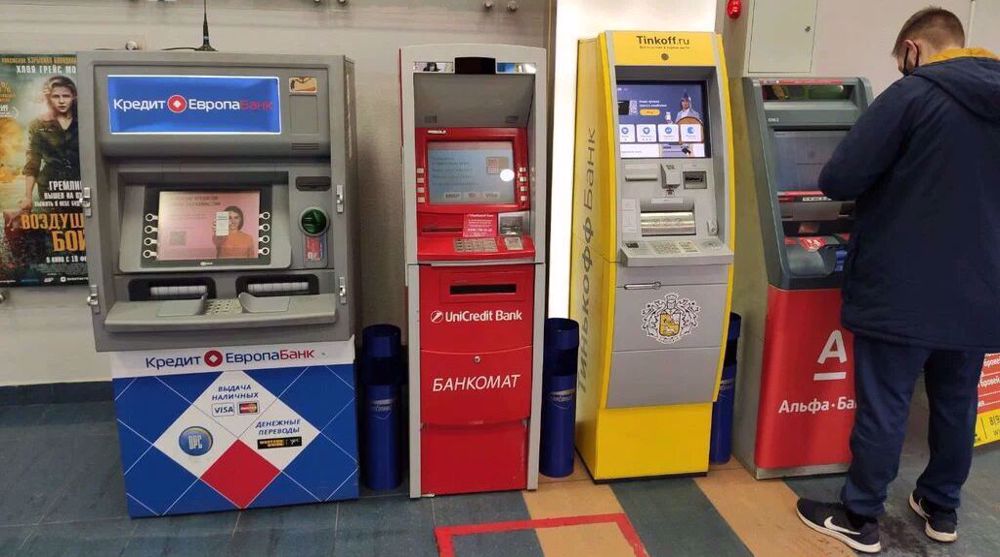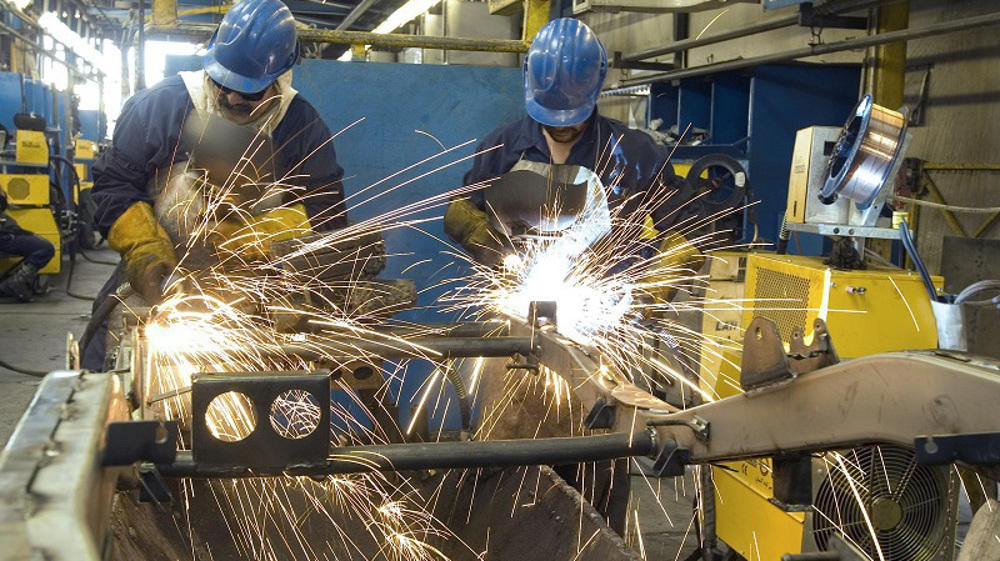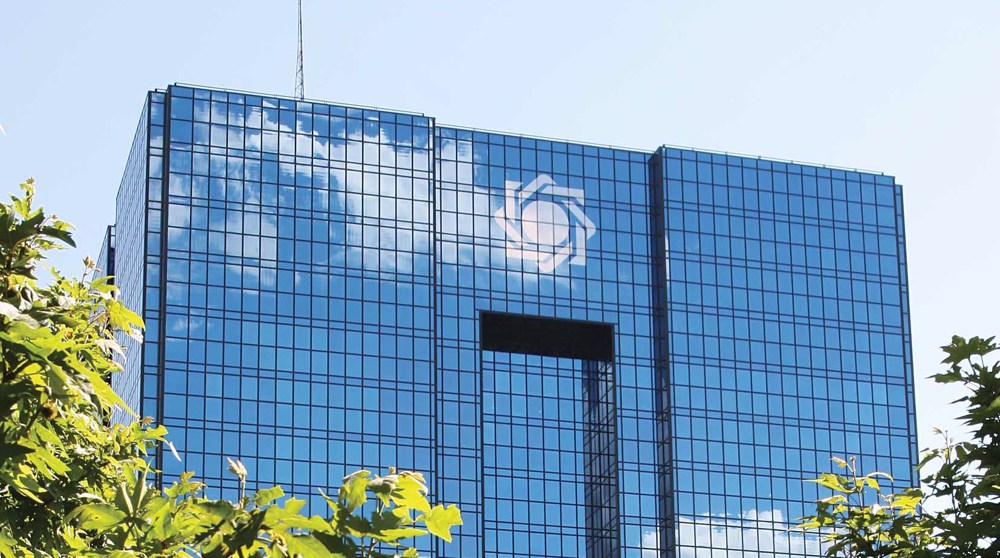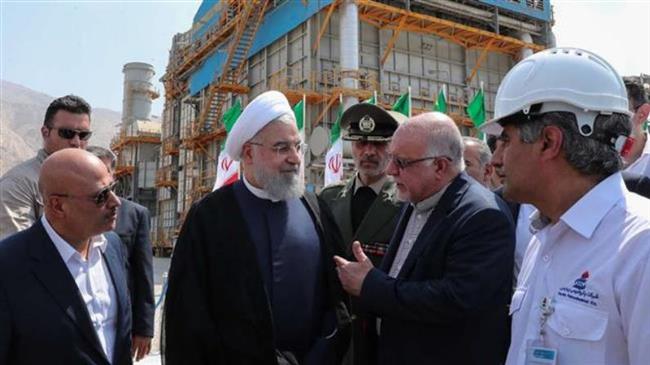Iran forex reserves remain ample: Central bank
Governor of the Central Bank of Iran Abdolnaser Hemmati says the country’s foreign exchange reserves are robust despite tightening US sanctions which seek to stem the Islamic Republic’s hard currency stream.
Last month, the United States demanded that buyers of Iranian oil stop purchases or face sanctions. The US reimposed sanctions in November on exports of Iranian oil after President Donald Trump last spring pulled out of a 2015 nuclear deal.
Iranian officials have characterized US measures akin to an “economic war” aimed at bringing the nation to its knees through chocking off the country’s revenues.
Earlier this month, President Donald Trump imposed new sanctions targeting Iran’s revenue from export of industrial metals.
An executive order issued by Trump covers Iran’s iron, steel, aluminum, and copper sectors, the Islamic Republic’s largest non-petroleum-related sources of export revenue and 10 percent of its export economy.
Press reports have said Washington plans even more stringent measures which will target other vital sectors of Iran’s economy such as its massive petrochemical industry.
On Monday, an official said Iran repatriated some 70% of the hard currency revenue earned from its export of petrochemical products during the first two months of the current Iranian year which began on March 21.
Ahmad Mahdavi Abhar said the remaining 30% will be spent on purchasing new equipment and repaying debts abroad.
"Petrochemical companies are the powerful arms of the government to provide hard currency while the country is suffering from the effects of sanctions," he said.
Hemmati said 18.7 billion in export revenues have been repatriated since the start of the new Persian year. “In the past two months, the trend of the return of export revenues has been good.”
The governor said, “There are sufficient foreign exchange reserves in the country.”
Hemmati said the central bank had provided $6 billion in the past two months to procure essential goods and planned to give another $6 billion in the next two months.

The governor further advised Iranians not to deal in foreign exchange. Hemmati has said the government is in full control of the currency market that was hit by turmoil last year.
Iran’s currency has tanked over the past year, driven in part by the return of US sanctions. The decline has generated a frenzied dollar hunt by some Iranians who mostly want to make a profit from the market turmoil.
“People should not deal in speculation because they are likely to make losses. Within the past two weeks, the price of (the dollar) has sunk 20,000 rials," he said.
“So, the people are advised not to enter the currency market because of the political variables that affect the rates,” Hemmati added.
On Wednesday, each US dollar was selling for 139,500 rials on the unofficial market, up 2,000 rials from Tuesday, Tasnim news agency.
Iran decries Israeli aggression on Syria as ‘war crime’
Iran's letters slam UN inaction on Israeli crimes against its citizens
VIDEO | Press TV's news headlines
VIDEO | Yemeni protesters call for military mobilization against Israel
VIDEO | Art festival honors Martyr Tehrani Moqadam’s legacy
Borrell urges sanctions on Israel for war crimes
VIDEO | Top Iranian delegation in Beirut for talks
UN calls on Israel to allow unrestricted access to Gaza to deliver aid















 This makes it easy to access the Press TV website
This makes it easy to access the Press TV website